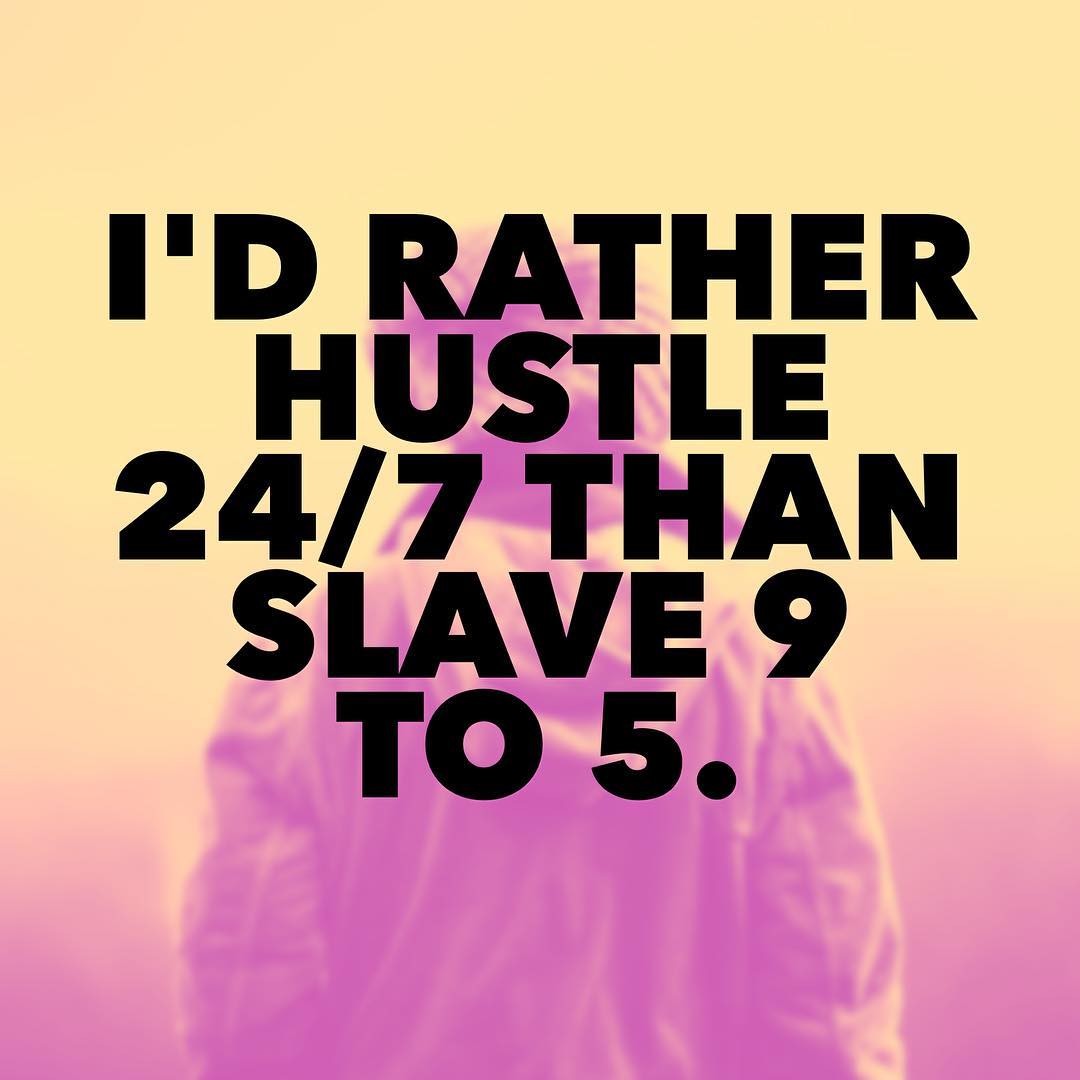Dream job

Way back in school, when you first thought about the working world, I bet you had a pretty limited view of what kinds of jobs existed: Doctor, teacher, lawyer, and, maybe accountant.
But even though, you eventually learned that there were lots of other careers out there, you probably still had a limited view of what to do with your life. Based on your education, your upbringing, and maybe how many episodes of “CSI” you’d watched, you began to formulate a vision. Instead of starting with “What do I like to do?” you started at the end, trying to fit your future a box that made sense with your life and learning thus far.
The result? The problem? Many of us end up in jobs that aren’t quite right, simply because we didn’t know there were other options.
My friend Lisa is a great example. A successful executive at a digital marketing agency for many years, she realized she wasn’t happy. She mulled over a career transition and decided that what she really wanted to do was help people. She assumed that meant returning to grad school for a counseling degree.
On the eve of her first day of classes, she realized that it wasn’t counseling that drove her per se; it was the “helping” part—something she’d done successfully without a masters. Instead of pursuing this degree, she found a way to put her skills and interest to use, and she’s now a well-respected career coach at my company.
What you really need to do if you want to carve a new path for yourself is examine what’s brought you joy and fulfillment in the past. You can put together a full picture of the type of activities, work environment, and organization in which you’d be most satisfied—before you commit to an expensive degree or training program.
What Lisa did, essentially, and what you can do, too—is “follow the breadcrumbs” to figure out what you’re meant to do. Here’s how to get started:
- Look Behind You
If you’re over the age of 25, your past is full of experiences that are loaded with clues. Think back to previous work experiences, school and volunteer projects, interactions with friends and co-workers, and ask yourself:
What do people consistently turn to me for? Help in prepping their presentations? Wardrobe or home styling suggestions? Advice on how to handle sticky interpersonal situations?
What do I love so much I’d do for free? You may not be able to build a career out of whitewater rafting or cartooning, but think about this information as a jumping-off point.
What do I do at work that’s not a part of my job, and why do I do it (even when it’s not my job and why)? Do you offer to create presentations, plan the holiday party, negotiate the cell phone bill? What motivates you to do these “extra” things? Is it a desire to help others, learn new skills, solve problems?
- Look Around You
It’s important to look at your current environment, how you got there, what floats your boat—and what doesn’t. Ask yourself:
What do I love about my working environment right now? Friday happy hours, no micromanaging, latest in tech tools?
What would I change? More professional development, ability to telecommute, more collaboration?
What can I not do without? Autonomy, flex hours, involved boss?
Review your answers to find patterns. Do you thrive in independent working situations, or do you love being part of a collaborative team? Do you like to research and build to an optimal solution, or do you prefer solving in-the-moment problems and challenges under a deadline? Do you get a lot of satisfaction from helping coach or teach others? You may want to get assistance from a friend or coach at this point, as sometimes it’s tough to find commonalities on your own
- Look Ahead
Once you’ve got a good sense of what you love (and don’t love) about where you are and where you’ve been, you can apply those findings to your future.
If you’ve discovered you enjoy solving urgent problems, especially those involving interpersonal conflict, ask yourself where you could find someone with those skills. Ask others. Investigate. Do a Google search.
For instance, a simple Google search on “Great jobs for conflict resolution” brings up several opportunities you might not have considered. You can do the same search with “Jobs for funny people,” “Jobs for good communicators,” or “Jobs for people with great taste buds.”
Don’t rush through this important stage. I’ve noticed that my clients often undergo what psychologists call “attention bias. Once you become aware of something, you start to see it in unexpected places. Let this phenomenon work for you, and use this cognitive illusion to your advantage by giving it time and attention.
Take your findings and notice how it expands your horizons. Maybe your ears perk up when your neighbor mentions that her cousin works as a contract negotiator. Over dinner with your best friend’s parents, you learn that there’s a huge demand for people with great negotiation skills in the retail industry.
The goal is to grow your concept of where your most enjoyable and fulfilling skills and talents can be employed.
Once you’ve got a sense of the types of roles that sound interesting and the kinds of companies that appeal to you, it’s up to you to go out and explore more deeply. There’s so much more in the world than our limited view of what “work” entails. Open your eyes to the possibilities. It’s easy to find opportunities when you know how and where to look.